Mozambique: "Fierce fight against corruption" evokes Samora Machel's objectives - Frelimo
Artists shout ‘enough’ to post-election violence in Mozambique – Photos
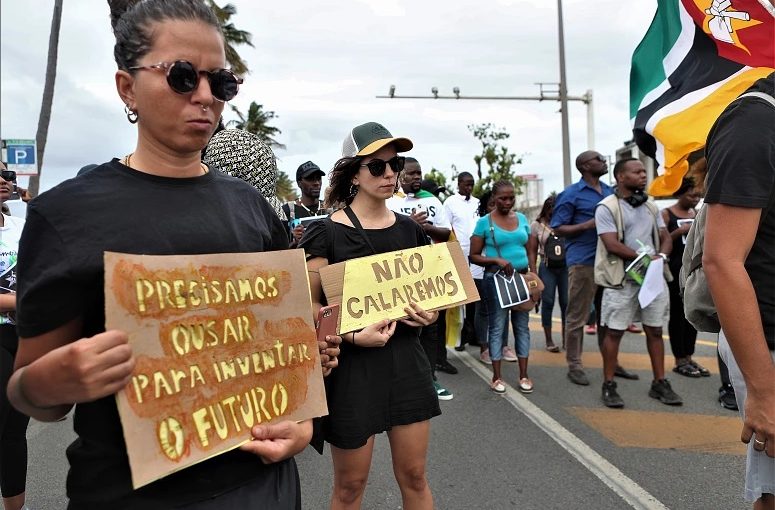
All photos: Luisa Nhantumbo/ Lusa
A few dozen artists from different fields gathered on Saturday in the Mozambican capital to shout “enough” to the violence in Mozambique, calling for dialogue, when the country is going through the worst post-election crisis since the first elections, in 1994.
“We want to convey a message of reconciliation and peace, but we also want to repudiate this issue of human rights violations”, Mozambican musician Stewart Sukuma told Lusa on the sidelines of the event, held on Avenida 10 de Novembro, one of the main avenues in Maputo city.
The event, preceded by a minute of silence for the victims of the clashes between the police and people protesting against the election results, was marked by a variety of performances, including music, poetry and painting.
The movement is called “L.U.T.O Por MOZ” [the word luto’,means ‘mourning’ and it also means ‘I fight’].
The L.U.T.O Por Moz has emerged in the context of post-election demonstrations in Mozambique, which often resulted in clashes that left more than 100 dead and around 300 were injured, according to an updated report by the Non-Governmental Organization (NGO) Plataforma Eleitoral Decide.
“We are in complete chaos at the moment and I think that now the mission is to minimize the damage that may still occur (…) In this case, I think the Government has to be prepared because it has a very big responsibility. It must be prepared to give in as well. There must be concessions on both sides. What I see is that over all these years, intolerance has grown the most”, added Sukuma.
From slogans condemning violence to songs of freedom, including the national anthem, and between music and poetry, the call for dialogue was always present in the artistic demonstrations on Avenida 10 de Novembro.
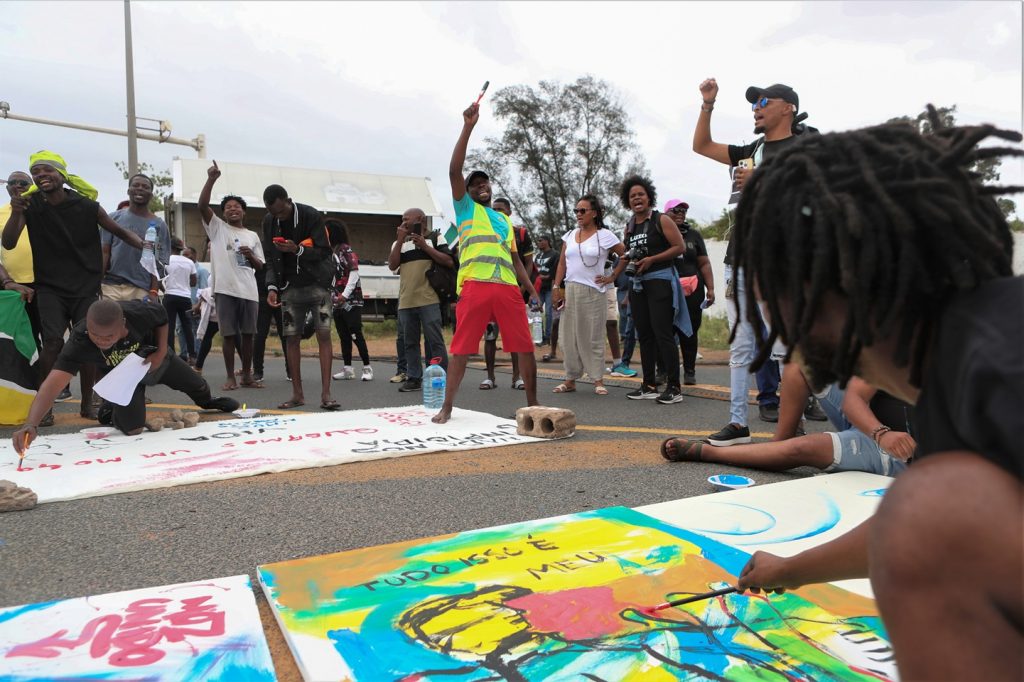
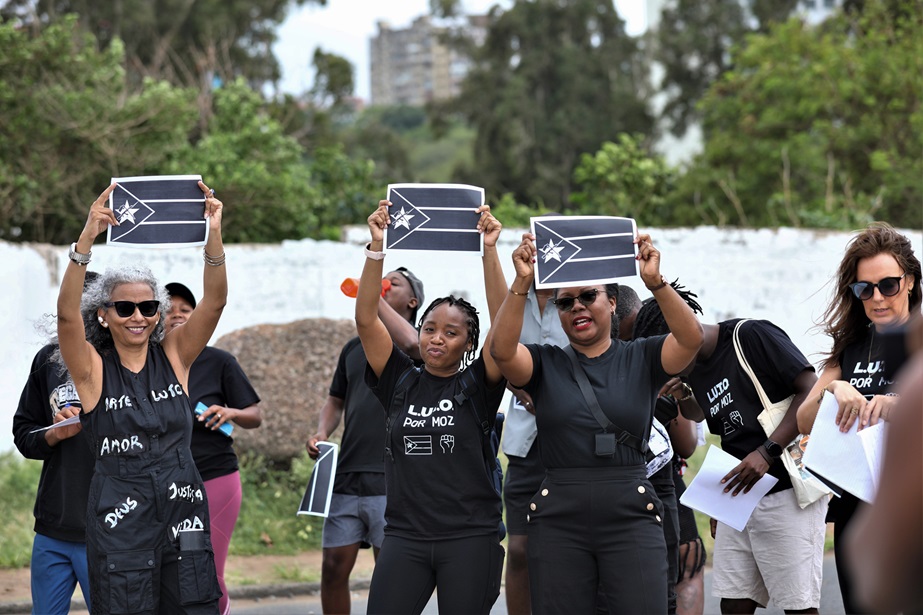
“We do want peace and dialogue. A dialogue between the government and the protesters might solve the problem,” Mozambican poet Énia Lipanga told Lusa.
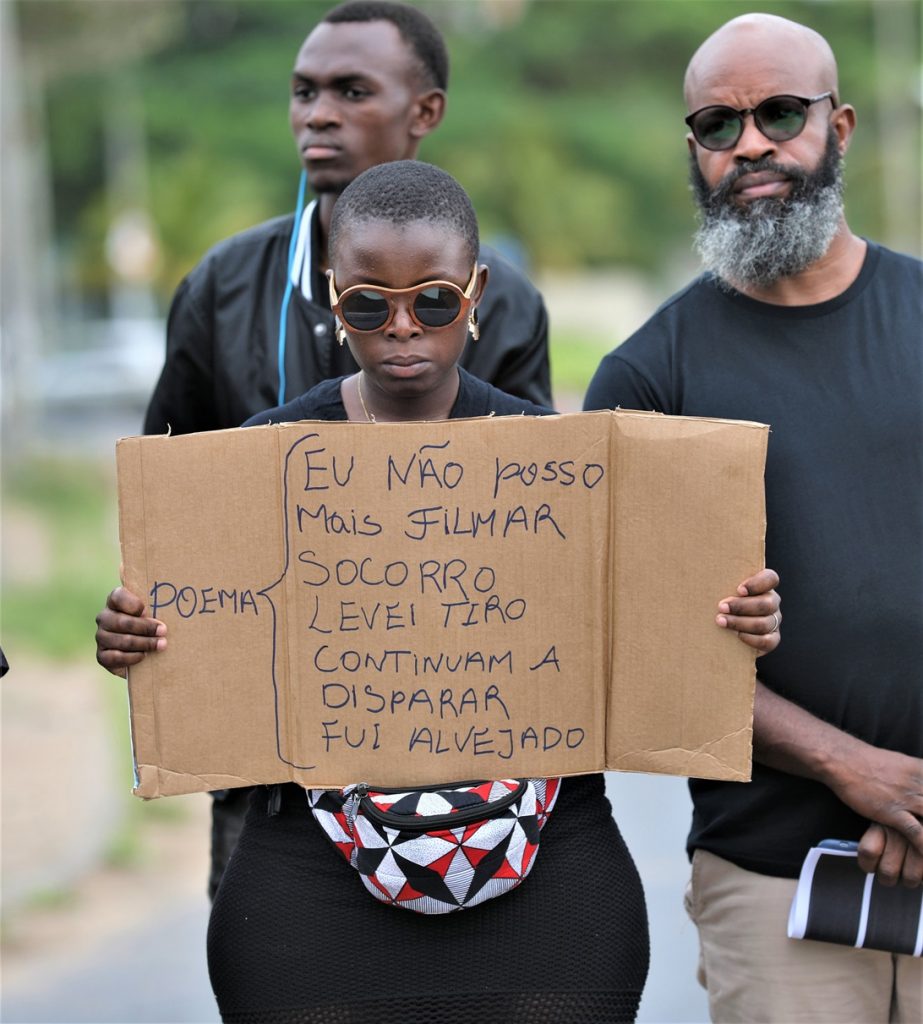
For actor Alvin Cossa, the movement embodies the idea of art as a means of raising awareness in society, at a time when the country is under “great tension.”
“The country is under great tension and this stuttering in the statements of the institutions involved in the electoral process itself creates this instability (…) We don’t know exactly what to expect. In elections that we have been watching around the world, two days later, everyone knows what the results are, but in Mozambique we don’t. We are more than two months away [from election day], and we are still looking for notices,” declared Alvin Cossa.
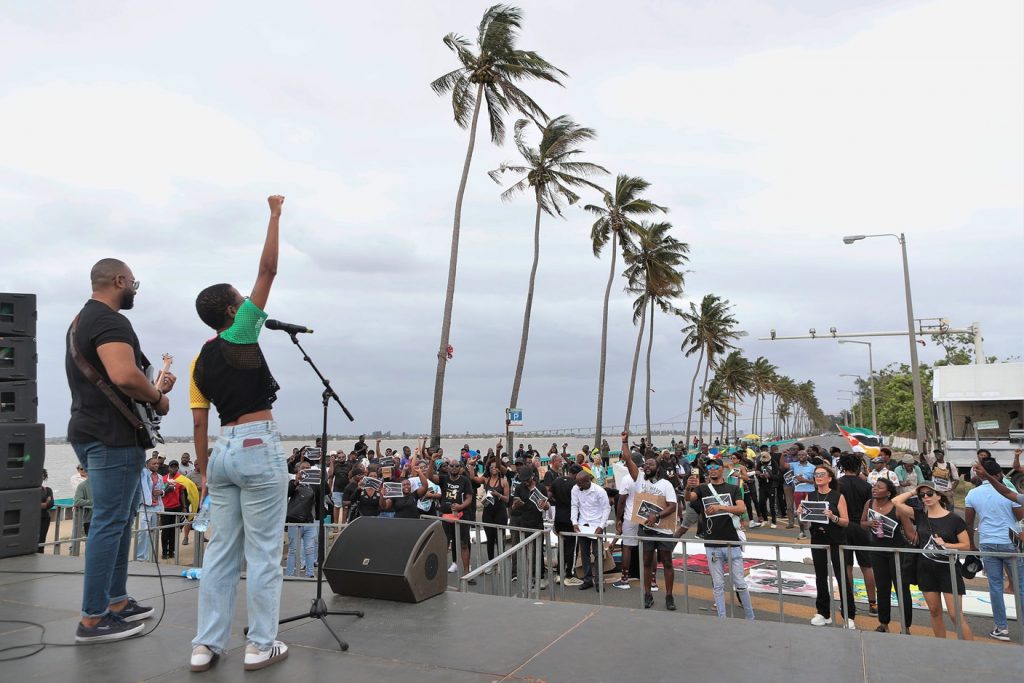
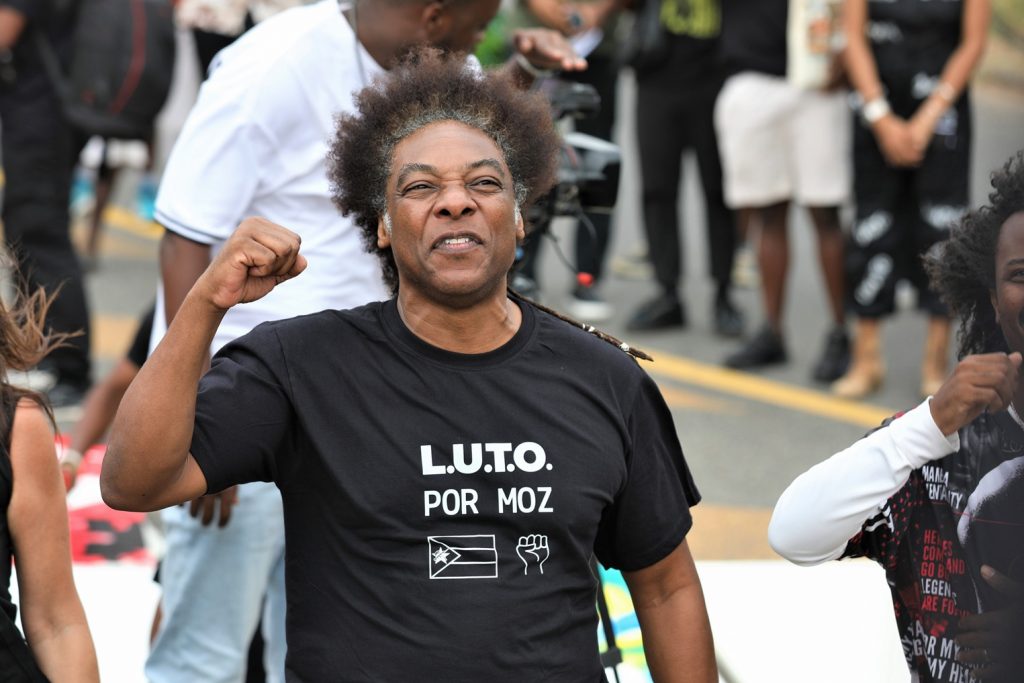
Since October 21, Mozambique has been experiencing successive stoppages and demonstrations to contest the results of the October 9 general elections, called by presidential candidate Venâncio Mondlane.
The results of the October 9 elections announced by the National Electoral Commission (CNE) gave victory, with 70.67% of the votes, to Daniel Chapo, supported by the ruling Mozambique Liberation Front (Frelimo), and placed Venâncio Mondlane in second place, with 20.32%. However, he does not recognize the results, which still have to be validated and proclaimed by the Constitutional Council.
In one of his last live broadcasts on the social network Facebook, Mondlane promised to be in Maputo to take office as President of Mozambique on January 15, the date scheduled for the inauguration of the new head of state.


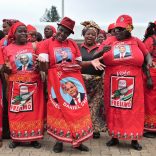
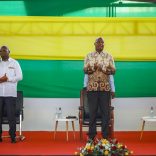
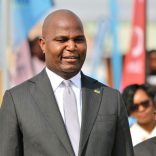
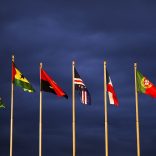

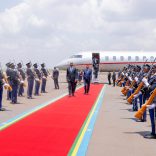




Leave a Reply
Be the First to Comment!
You must be logged in to post a comment.
You must be logged in to post a comment.